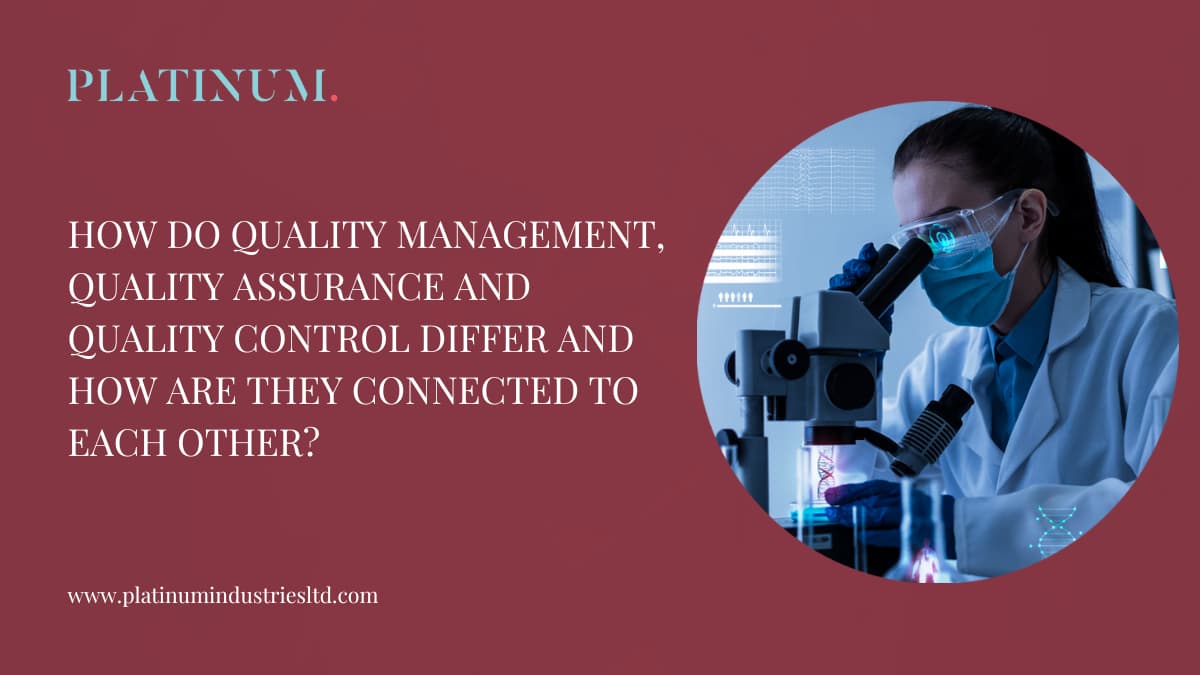In industry, the term “quality” refers to how well a product or service meets or exceeds the requirements and expectations of customers. Quality can encompass various aspects such as reliability, performance, durability, safety, and customer satisfaction. It is about ensuring that the product or service is free from defects or flaws and complies with the standards set by the company or regulatory authorities. Overall, quality is a measure of the excellence and value of a product or service in relation to the needs and expectations of customers.
Quality Manager (QM):
A Quality Manager is an individual within a company who is responsible for ensuring that the company’s products or services meet high-quality standards. They develop and implement quality management systems to ensure that the products or services meet requirements and satisfy customer expectations. The Quality Manager often collaborates with other departments to ensure that quality standards are upheld and improved.
The quality manager reports to management or other relevant executives in the company. The quality manager provides information about the quality assurance and quality control activities as well as any suggestions for improvement or problems related to the quality of products or services.
Quality Assurance (QA):
Quality Assurance refers to the processes and systems developed to ensure that a company’s products or services meet established quality standards. This involves the development of guidelines, procedures, and standards to ensure that quality is maintained throughout the entire production or service process. Quality Assurance aims to prevent errors before they occur and often includes measures such as training, quality controls, and audits.
QA typically reports to top management or to a QM department that works directly with management.
Quality Control (QC):
Quality Control refers to the specific activities conducted to ensure that a company’s products or services meet quality standards. This includes the inspection and testing of products or services to ensure they are free from defects or errors. Quality control activities may involve inspections, tests, sampling checks, and other verification procedures to ensure that the quality of the end products or services meets requirements.
In summary: The Quality Manager develops and implements quality management systems, Quality Assurance refers to the processes for ensuring quality throughout the entire production or service process, and Quality Control refers to the specific activities for verifying and testing products or services to ensure they meet quality standards.
The PVC stabiliser market in India is experiencing significant growth and transformation. As the PVC industry expands and environmental concerns become more prominent, the demand for advanced, sustainable stabilisers is expected to rise. Platinum Industries has always preempted this boom, investing in technological innovations that can drive the PVC and CPVC stabiliser market towards a more sustainable and efficient future. Platinum Industries Ltd. the leading PVC and CPVC stabiliser manufacturer in India, is a member of the Indian Vinyl Council (IVC).
Platinum Industries Ltd., a member of Indian Vinyl Council (IVC)

